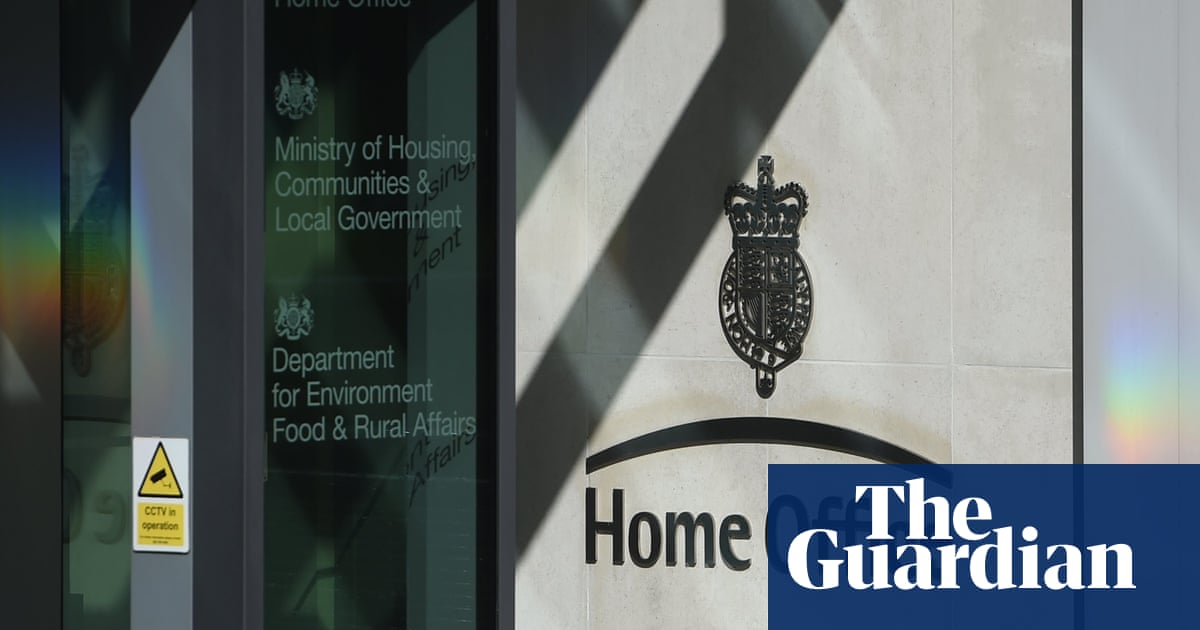
The Covid pandemic is forcing homeless shelters to shut their doors due to growing fears around social distancing, experts warn, as charities call for action to prevent deaths this winter.
Housing Justice, the biggest provider of voluntary sector shelters, said the number of winter shelter beds available UK-wide this year was about 950 compared with 2,100 prior to the pandemic.
Another charity, Glass Door, said it had been forced to shut its usual service. A spokesperson, Melissa Kerschen, said it could not open due to ongoing Covid precautions and the difficulty of being able to adhere to social distancing, especially after the rise of the Omicron variant. She said it was “deeply” concerning.
“Sleeping on the streets can be deadly in winter, and with so many shelters unable to open, we need to work together to find safe options for people who have nowhere to call home,” she said.
Previously charities were able to lean on the support of the government’s Everyone In scheme, they said, but this year most hotels that before had offered support were unable to do so as they were once again being used by guests.
Marike van Harskamp, the policy and partnerships manager at New Horizon Youth Centre, said: “With the Covid-19 Everyone In scheme, which provided much-needed additional emergency accommodation during the lockdown periods, now wrapped up, this means that we foresee that this winter fewer bed spaces will be available than needed to help people sleeping rough off the streets.”
However, she added that projects were focused on doing things differently and helping people move into longer-term accommodation.
Kathy Mohan, the chief executive of Housing Justice, said while there would be “significantly” fewer beds the overwhelming majority would be in “single room accommodation”.
Paul Brocklehurst, a senior manager of the Centrepoint charity helpline, said there had been an increase in calls from people seeking help of about a third compared with pre-pandemic times. “Most of our calls are from people saying they have nowhere to stay,” he said, putting the rise in demand down to more people with problems but also a lot of services shutting down face-to-face drop-in centres and councils being harder to contact. “We used to send people down to the housing office but people find it harder to get through to, so we are looking to alternatives.”
It comes as concern has also been raised about vaccination rates among those rough sleeping or in temporary accommodation. The only research available, from July, found that about 55% had had a second vaccine dose.
Vaccination rates among those experiencing homelessness were “significantly lower” than the general population, charities said, which is concerning as often this group has underlying clinical conditions.
Rick Henderson, the chief executive of the charity Homeless Link, said that getting data on vaccination rates among the homeless was hard because the population was so transient.
He said that earlier in the pandemic homeless charities had successfully campaigned for people experiencing homelessness to be prioritised in the vaccine rollout, but now there needed to be a “redoubling of this effort”.












